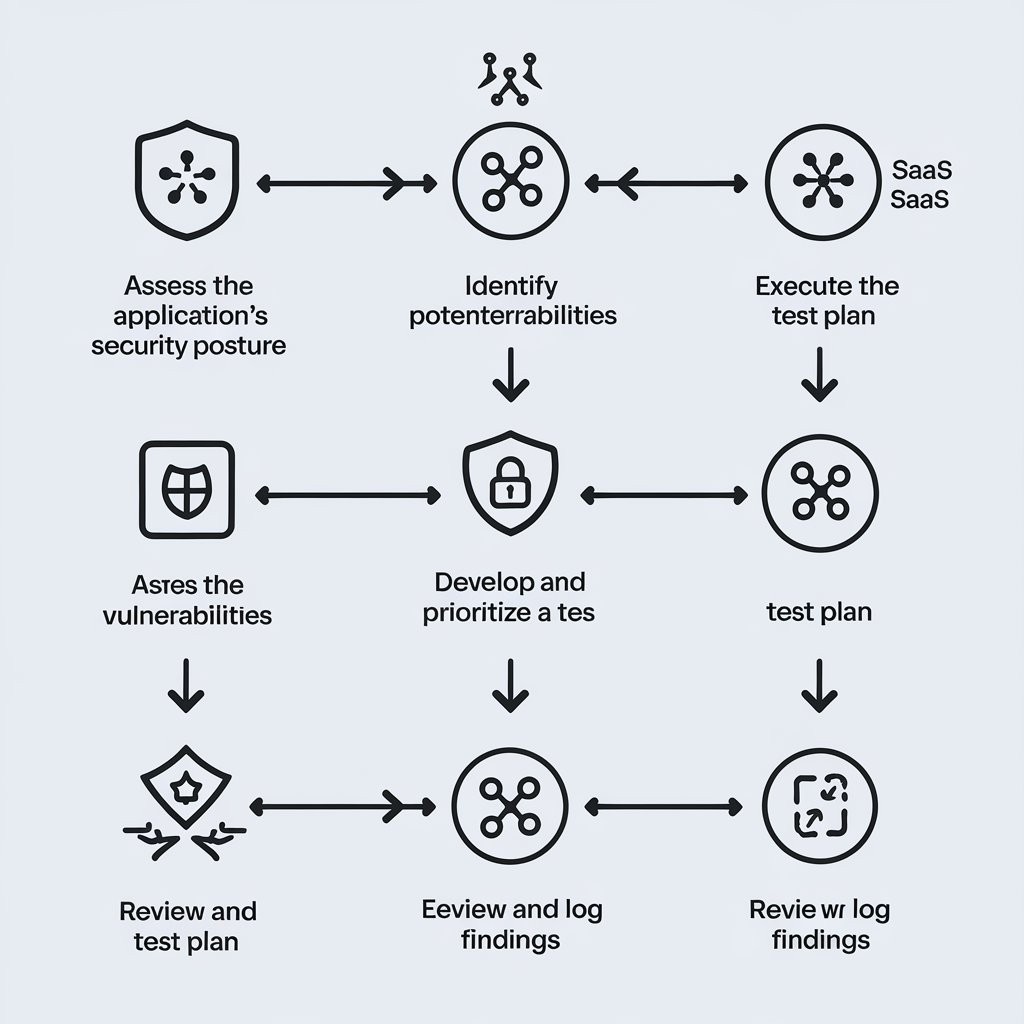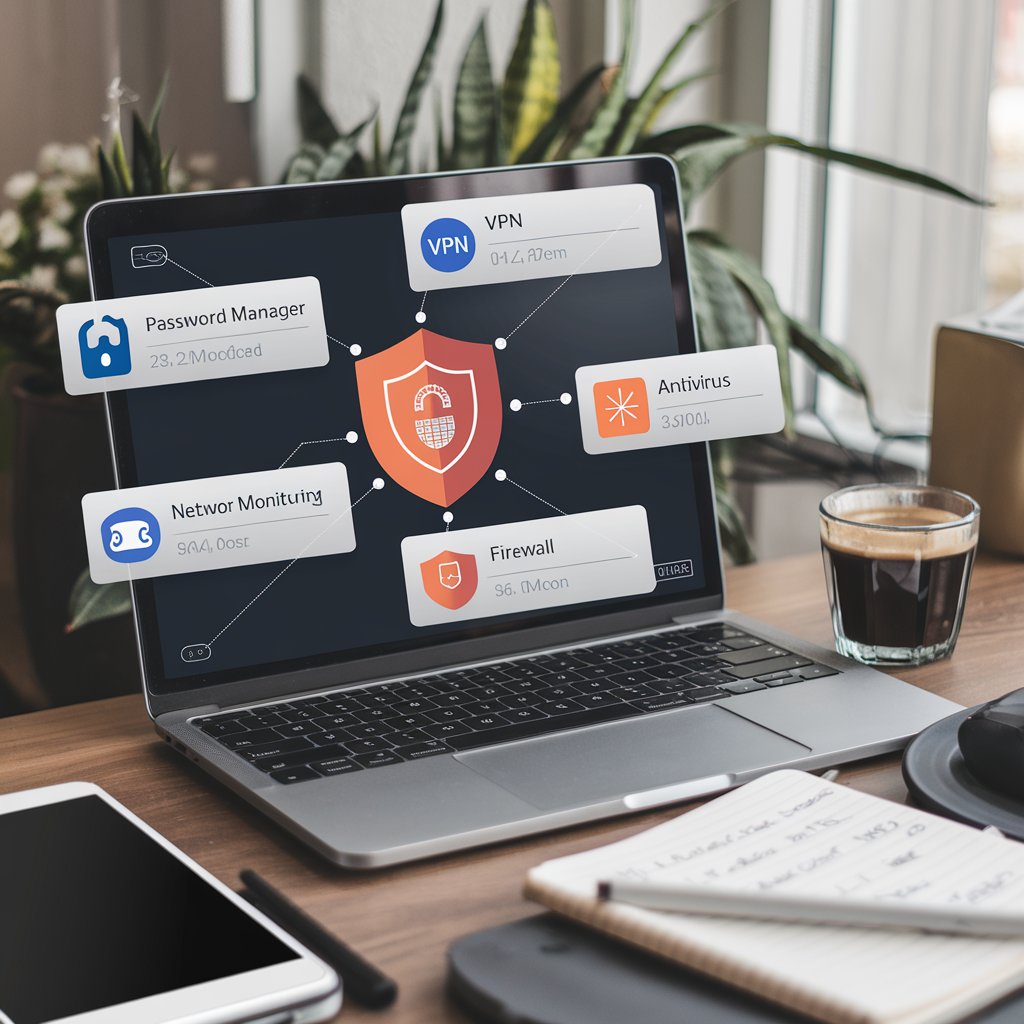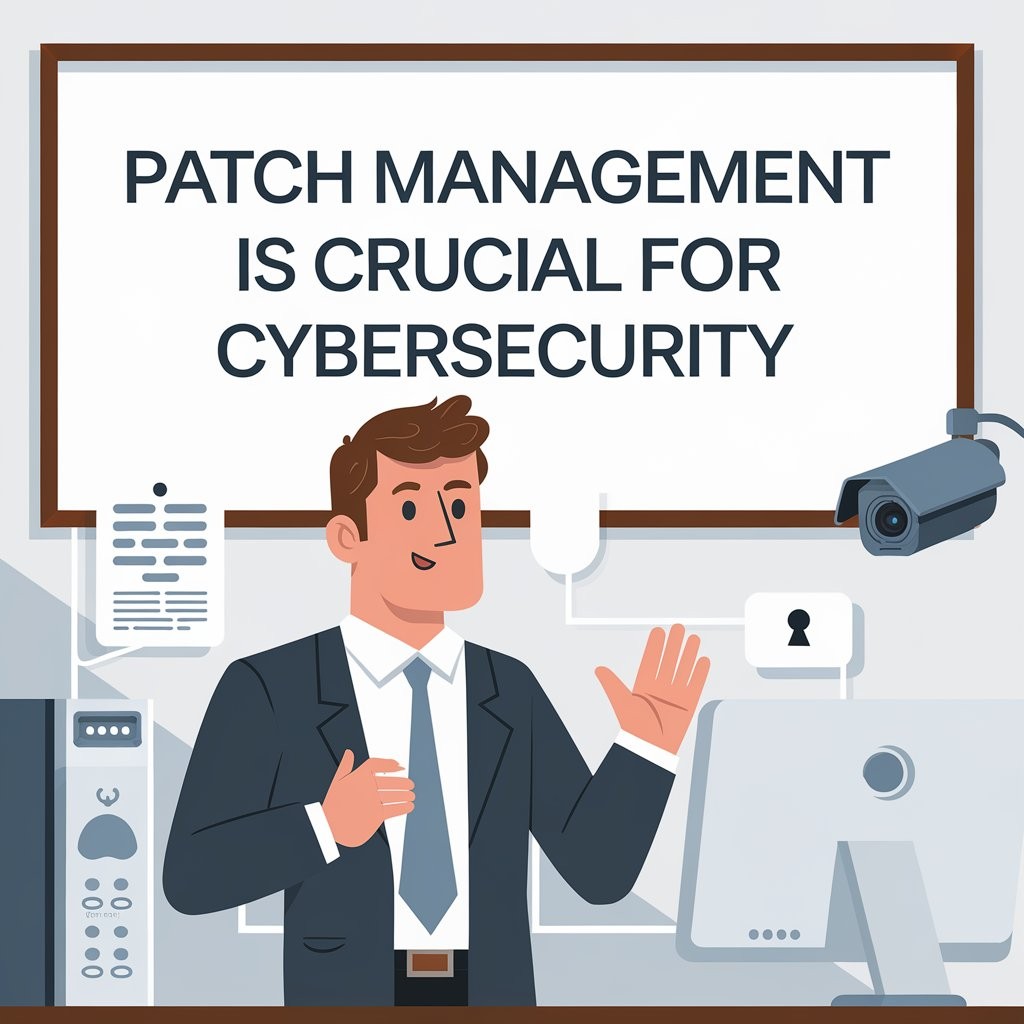UA
6 Min Read
1. Risk Assessment Software
Risk assessment tools help businesses identify potential threats, assess their impact, and prioritize them based on their likelihood and severity. These tools assist in conducting risk assessments and generating reports to improve decision-making.
RiskWatch: Helps organizations assess and manage risks related to compliance, security, and supply chain operations.
LogicManager: Provides customizable risk management templates and dashboards for identifying, assessing, and mitigating risks.
RiskLens: Specializes in quantitative risk analysis and cybersecurity risk management, helping businesses assess financial risk exposures.
2. Incident Management Software
Incident management tools allow businesses to track and respond to incidents that pose a risk to operations. These tools often include automated workflows to ensure quick response times and regulatory compliance.
Zendesk: A customer service platform that can also be used to track security incidents and manage response workflows.
JIRA Service Management: Offers incident management capabilities, enabling teams to identify, track, and resolve cybersecurity incidents quickly.
ServiceNow: An enterprise-grade tool that allows businesses to manage incidents, risks, and service requests in one platform.
3. Risk Tracking and Reporting Tools
These tools assist businesses in monitoring risks over time, tracking changes, and reporting on risk management activities to stakeholders. They also help businesses align risk management efforts with business objectives.
SpiraPlan: Offers comprehensive risk management capabilities, including risk tracking, reporting, and visualizations.
RiskWatch: As well as risk assessments, it helps track and report risks, particularly in cybersecurity and compliance.
Risk Register: A simple tool for documenting, tracking, and reporting identified risks, and for outlining action plans to mitigate them.
4. Compliance Management Software
Risk management often intersects with regulatory compliance. Compliance management tools help businesses stay on top of regulations and avoid legal and financial risks.
VComply: A risk and compliance management tool that helps organizations monitor, manage, and mitigate compliance risks.
AuditBoard: Focuses on internal controls, audit management, and compliance tracking to ensure regulatory compliance and risk mitigation.
GRC Cloud: A Governance, Risk, and Compliance platform that supports regulatory tracking, internal controls, and audit preparation.
5. Cybersecurity Risk Management Tools
For businesses looking to mitigate cybersecurity risks, specialized tools focus on assessing vulnerabilities, threats, and exposure to attacks.
Tenable.io: A cybersecurity risk management tool for discovering, monitoring, and remediating vulnerabilities across IT infrastructures.
Qualys: Provides vulnerability management and policy compliance monitoring to help businesses reduce cybersecurity risks.
Rapid7 InsightVM: A vulnerability management tool that assesses and prioritizes vulnerabilities based on their business impact.
6. Business Continuity and Disaster Recovery Tools
Business continuity tools ensure that companies can maintain operations during a crisis or disaster. These tools help businesses recover data, maintain communication, and prevent major operational disruptions.
Continuity Logic: A business continuity management platform that provides risk assessment, business impact analysis, and disaster recovery planning tools.
Zerto: A disaster recovery and business continuity platform that offers cloud-based backup solutions and data replication.
Everbridge: Provides emergency notification systems and risk management solutions for business continuity planning and crisis management.
7. Enterprise Risk Management (ERM) Software
ERM tools help businesses manage risks across the entire organization, from strategic to operational risks. These tools typically provide a holistic view of all risks, integrating risk management into business processes.
MetricStream: Offers an integrated suite for enterprise risk management, helping organizations monitor, mitigate, and report on risks across the enterprise.
Diligent GRC: A governance, risk, and compliance solution that offers enterprise-wide risk management, internal audits, and board governance capabilities.
RiskWatch: In addition to other functionalities, it can be integrated across multiple departments to manage risks across the enterprise.
8. Fraud Prevention Tools
Fraud prevention tools help businesses identify and mitigate risks related to fraud, particularly in financial transactions and data security.
Actimize: A leading fraud detection and prevention platform, particularly useful for financial institutions to identify fraudulent activity.
Forter: Provides real-time fraud prevention by leveraging machine learning algorithms to detect suspicious activities and prevent fraudulent transactions.
Sift: A machine learning-driven platform that helps businesses detect fraud, chargebacks, and false claims across multiple channels.
9. Risk Analytics and Visualization Tools
Risk analytics tools help businesses analyze data to predict future risks and make informed decisions. These tools often include features like data modeling, dashboards, and reporting to visualize potential risks.
Tableau: A data analytics tool that helps businesses create visual dashboards to track, manage, and communicate risks.
Power BI: A Microsoft tool that provides advanced data analytics and visualization to track key risk metrics in real-time.
Qlik Sense: An analytics platform with powerful data visualization and self-service analytics capabilities for risk management insights.
10. Risk Scenario Planning Tools
Scenario planning tools help businesses simulate various risk events and assess the potential impact, allowing them to prepare for worst-case scenarios.
Palantir: A data analytics platform that enables businesses to create risk scenarios based on large datasets and assess their impact.
Risk Analyzer: Provides scenario analysis tools to model the impact of various business risks and forecast potential outcomes.
11. Supply Chain Risk Management Tools
For businesses relying on third-party vendors and suppliers, managing supply chain risks is critical. These tools help identify, assess, and mitigate risks related to supply chain disruptions or dependencies.
Resilinc: A cloud-based supply chain risk management tool that helps businesses track risks across the supply chain and respond to disruptions quickly.
Everstream: A supply chain risk management platform that offers real-time monitoring and predictive analytics to minimize disruptions.
Riskmethods: Provides risk detection and management tools focused on supply chain threats, helping businesses make informed decisions about suppliers.
12. Insurance Risk Management Tools
These tools help businesses manage insurance policies, claims, and ensure they are adequately covered against potential risks.
RIMS (Risk and Insurance Management Society): A platform for businesses to track insurance policies, claim histories, and risk management activities.
AIG CyberEdge: A tool for managing and mitigating cyber risks through cyber insurance policies.
Insureon: Provides a digital platform for small businesses to access risk management solutions and obtain quotes for commercial insurance. audit3aa
Join our newsletter list
Sign up to get the most recent blog articles in your email every week.
You can copy our materials only after making sure that your services are safe.
This site is protected by reCAPTCHA and the Google Privacy Policy and Terms of Service apply.










